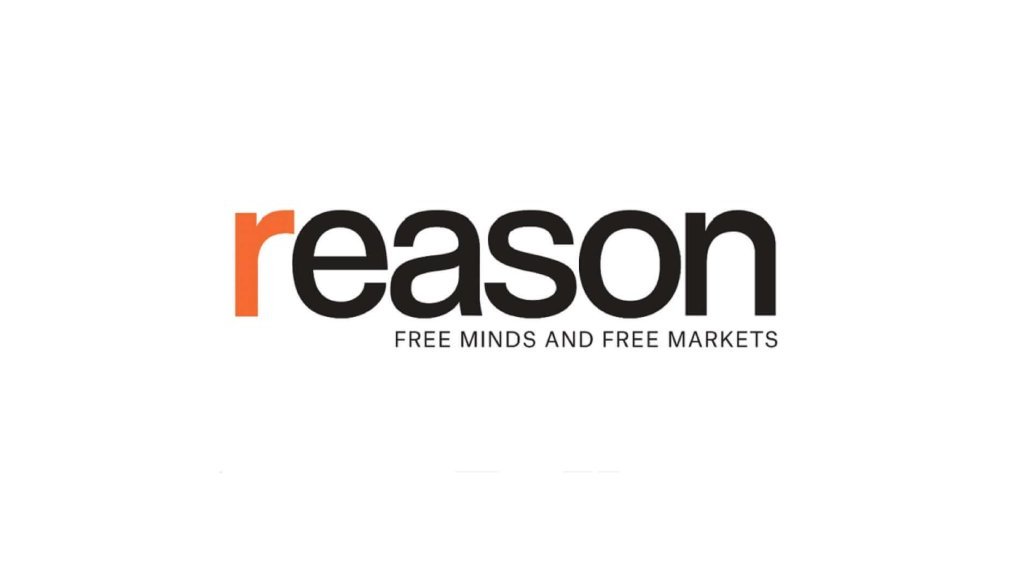Interview with Senator Eric Schmitt of Missouri About Judicial Selections in Trump 2.0
On Tuesday, I testified before the Senate Judiciary Committee for a hearing about the current conflicts between the district courts and the President. You can watch the video here. The hearing was co-chaired by Senator Eric Schmitt of Missouri. On Wednesday, I met with Senator Schmitt to talk about judicial nominations in President Trump’s second term. In particular, we focused on the four picks for the Eastern District of Missouri, who were President Trump’s first district court nominees: Cristian Stevens, Maria Lanahan, Zachary Bluestone, and Joshua Divine. All four of these nominees had worked with Senator Schmitt when he was Missouri Attorney General. We also chatted about judicial courage, the role of the Federalist Society, and what lies ahead for the Eighth Circuit.
I’ve lightly edited the transcript for length and clarity.
JB: Let’s start with talking about the first four judges from the Eastern District of Missouri (EDMO). How did you get to be first? I’m from Texas and we still don’t have any Texas nominees. Florida just came out a few weeks ago. Missouri was first, right out of the gate.
ES: Well, I think we were ready. The Biden administration halfway attempted to fill some spots, but never really negotiated in good faith. And then, of course, when President Trump won, we knew there would be four openings.
Vice President [Vance is a] very good friend of mine, I spent a lot of time with President Trump on the campaign trail. [I] got to know him and contact frequently. [I made] very clear my interest in in making sure we’ve got good conservative judges across the country, particularly in my home state, I think that led to us being ready to roll on this, and working really well with the White House team to get these people queued up.
What’s really interesting is each of [the four nominees] worked in [the Attorney’s General office] when I was attorney general. I think it’s a great kind of training ground now for conservative lawyers to get good experience. You view the laws as it’s written, not how it should be. We were ready and we wanted to move quickly. We’re going to have seven out of the eight eastern District Court [of Missouri] judges now as Trump appointees. The Eighth Circuit is always very solid. I think there are going to be some opportunities within the Eighth Circuit to get some additional appointments in the next three and a half years. In my view, we have really the strongest from a District Court level all the way up to the Circuit in the country, and that’s something we proud of.
JB: What is your process for picking judges? Is there a committee with both senators from the state?
ES: Senator [Josh] Hawley and I both have the background of being Attorney General, and knowing some of the people, we had a conversation. Ethan Harper, my general counsel, will interview candidates, and I had conversations with them as well. This [process] was especially unique because I was very familiar with all four of them. They’ve worked in my office, and they’re exceptionally qualified. They’ve got the right temperament. They were in a lot of the important fights that define my tenure. But this was particularly unique because of the personal connection and having seen them in action and how they handle situations. And their competencies [were] off the charts.
JB: President Trump and Vice President Vance have said courage is an important facet of being a judge. I’ve heard you refer to fights. We saw soon-to-
Article from Reason.com

The Reason Magazine website is a go-to destination for libertarians seeking cogent analysis, investigative reporting, and thought-provoking commentary. Championing the principles of individual freedom, limited government, and free markets, the site offers a diverse range of articles, videos, and podcasts that challenge conventional wisdom and advocate for libertarian solutions. Whether you’re interested in politics, culture, or technology, Reason provides a unique lens that prioritizes liberty and rational discourse. It’s an essential resource for those who value critical thinking and nuanced debate in the pursuit of a freer society.



